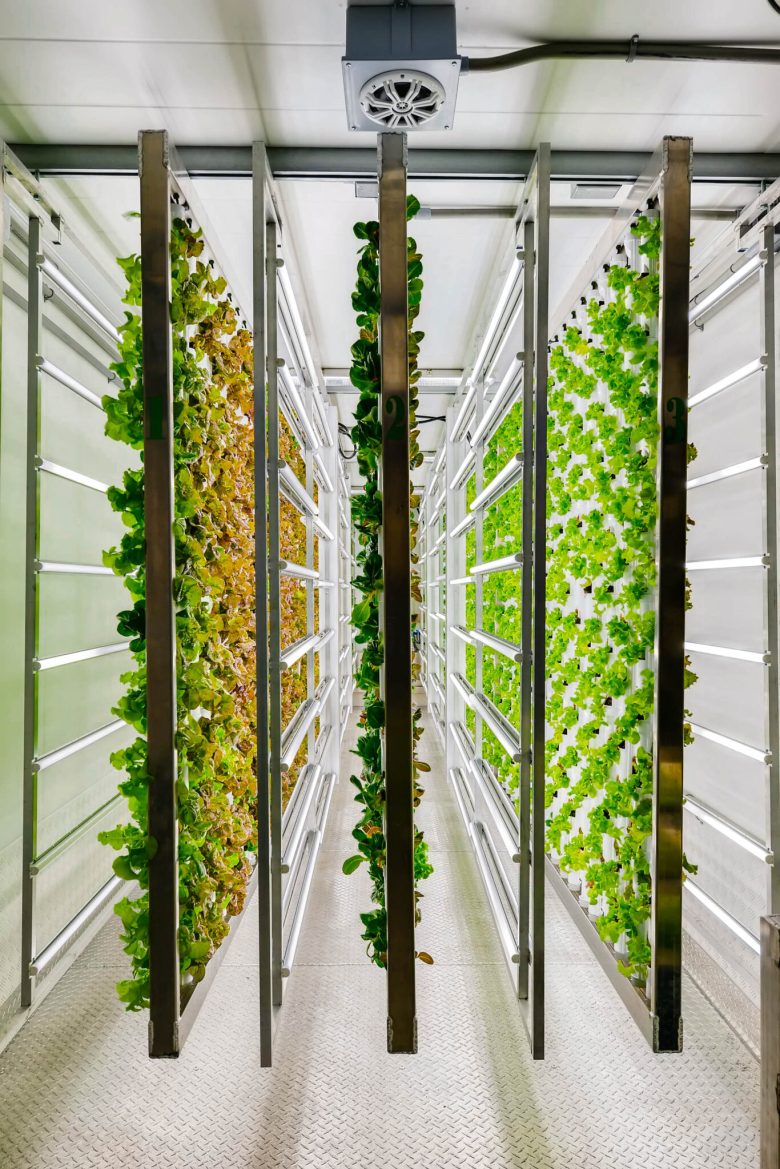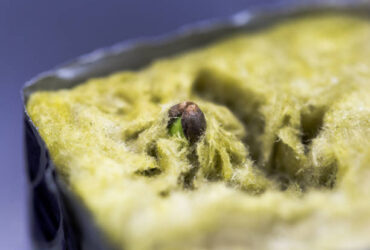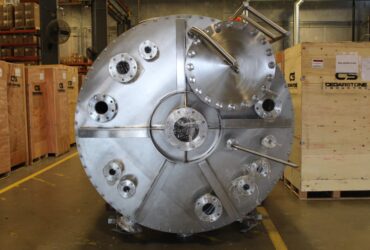Food Agriculture is the production of food using indoor farming, hydroponics, and other controlled environments. This field is growing exponentially, as people become more aware of the environmental and health benefits that come with producing food this way.
Ponixfarms uses a patented technology called Controlled Environment Agriculture, which allows us to produce fresh, healthy food in a controlled environment. Controlled Environment Agriculture eliminates the need for pesticides, herbicides, fungicides, and other chemicals. It also eliminates the need for soil excavation and maintenance, making it a much more sustainable option.
Our products are simple to use; you simply fill them with water and nutrients, and they do the rest. Plus, our products are easy to integrate into your existing farming system; you can deploy them on any scale from small-scale hobby farming to large-scale commercial agriculture.

The Effects of Food Agriculture on the Environment-Ponixfarms
Food agriculture involves growing crops to produce food for human consumption, and it uses a lot of resources like water, land, and energy. It also produces a lot of waste, which needs to be disposed of in a way that doesn’t harm the environment.
There are many ways in which food agriculture can affect the environment:
Water usage: We use a lot of water to grow crops, irrigate them, and clean up after them. irrigation can use up to 50% more water than rainwater collection systems, and excessive irrigation can lead to soil erosion and even desertification.
Land usage: food production needs lots of lands to grow crops, which means that land used for agricultural purposes is often unsuitable for other uses. This leads to conflicts between farmers and landowners, as well as contributed to deforestation.
Energy usage: food production is one of the main sources of greenhouse gas emissions. Turning grains into flour requires large amounts of energy, and livestock farming is one of the main sources of greenhouse gas emissions.
Waste production: We produce a lot of waste, especially when it comes to animal manure and crop residue. These wastes need to be disposed of in a way that doesn’t harm the environment or public health, which can lead to problems like water contamination or air pollution.
Conclusion:-
The future of farming depends not just on honesty and awareness but also on the available resources. If farmers care for their soil health, farm animals, and their own health then we will be able to preserve many natural resources for generations to come!
For know more information visit:- ponixfarms.com












